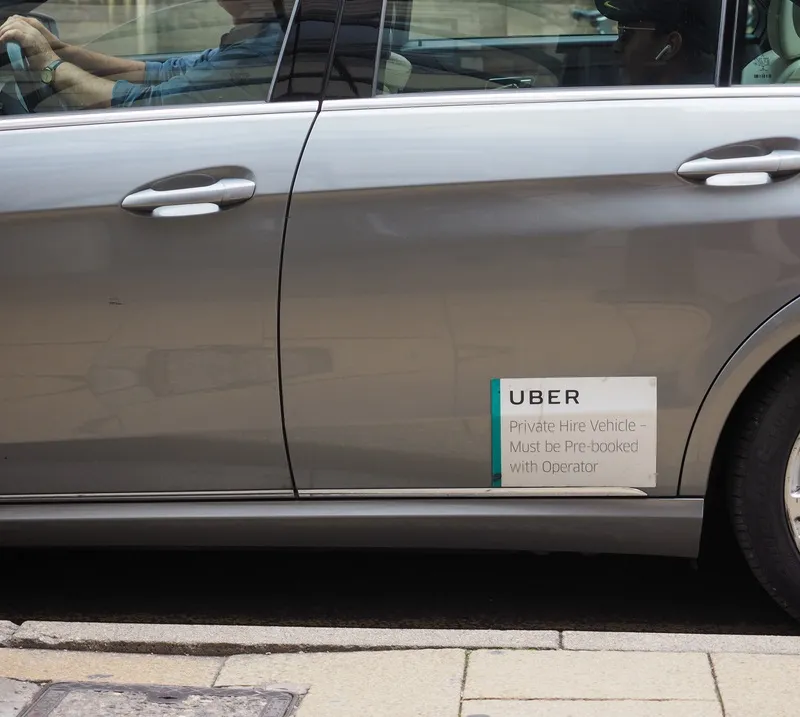In its report published this week, the UK Parliament’s All-Party Parliamentary Group (APPG) on Taxis calls on the Government to give the Mayor of London, and other Mayors, the power to cap the number of private hire vehicles (PHVs) on London’s streets, stop cross border hiring and set out a robust set of minimum licensing standards for taxis and PHVs across the country.
GMB, the union for private hire and taxi drivers, welcomed the report, saying a cap would improve the quality of life for drivers and hopefully reduce the hours that drivers are forced to work.
It claims that without a cap the industry could well see further exploitation of drivers by companies such as Uber and Addison Lee who attempt to deny their drivers any worker or employment rights in order to maximise profit and avoid their obligations to contribute to the public purse.
Tony Warr, head of Legal, GMB London Region, said, “Private hire drivers already work in very precarious conditions and while overall we welcome the report it was disappointing to note operators licensing will not be conditional on drivers receiving even the basic of employment rights."
The report also calls for the creation of a statutory definition of cross border hiring whereby a journey must “begin or end in the licensing authority where the licence was issued”, as well as consultation on statutory guidance for taxi and PHV licensing and a robust set of minimum licensing standards for all licensing authorities.
Parliamentary group wants Mayors to have the power to curb private hire vehicles
In its report published this week, the UK Parliament’s All-Party Parliamentary Group (APPG) on Taxis calls on the Government to give the Mayor of London, and other Mayors, the power to cap the number of private hire vehicles (PHVs) on London’s streets, stop cross border hiring and set out a robust set of minimum licensing standards for taxis and PHVs across the country.
July 14, 2017
Read time: 2 mins









